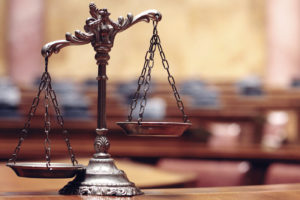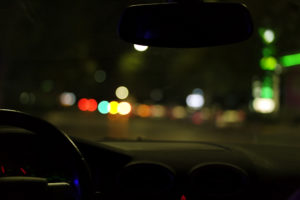More than any other question in DWI, clients, friends, and colleagues always ask: “If I get stopped for suspicion of DWI, should I take the breath test?” It is an easy question but not one with easy answers. Like many things in life, it depends. Hopefully, the comments below will give you some guidance.
New York is an “implied consent” state. That means any one holding a New York Driver’s License, or an out-of-state driver operating on New York’s public highways, automatically agrees to take a breath test if required by law. A police officer can request someone take a breath test if
- that person has violated the New York vehicle and traffic law and the officer has probable cause to believe that the person’s ability to drive is impaired by alcohol; or
- the person has been in an automobile accident.
So, what do you do? You have been pulled over by a cop. He walks up, thrusts a portable breath test in your face, and yells “Blow!”
First, you need to tell the officer that you do not want to take a portable breath test because you have heard that the portable units are unreliable. And, for reasons that we will discuss in another article, they are inaccurate because the portable tests are not conducted in a manner consistent with the New York State Health Department regulations.
Second, you need to be prepared for a possible long night because you are going to be arrested. But you have also done yourself a great service by not submitting to an inaccurate and potentially incriminating breath test.
But the process is not over because you will be offered the opportunity to take a second test at a police station. This is the test where you must make an honest assessment of whether to blow or not. But the decision about whether to blow depends not on how much you drank but on how much you need to drive. The reason is because refusing this test may result in a one-year revocation of your driver’s license with no opportunity to get a restricted or hardship license unless you convicted of a DWI-related offense. So, the question is: how bad do you need to drive? If your livelihood depends on driving a car, not taking the test may mean that you could win your DWI case but still lose the ability to drive for a year. If you have a Commercial Driver’s License, your refusal could result in the penalty of not being to drive a commercial vehicle for eighteen months.
Not taking a breath test will deprive a prosecutor of a critical piece of evidence in a DWI prosecution. That is why the law will often permit a prosecutor to argue that your decision to not take a breath test is proof of “consciousness of guilt.”
Keep in mind, just because you blow below a .08 does not mean you are going home. You may still be charged for DWI under a “totality of the circumstances” theory. We have seen an increasing trend of prosecutors in New York City to charge cases below .08.
Not having a breath test in the case puts you in a much stronger position to ultimately beat the DWI charges. So, ask yourself, how bad do you need to drive? If driving is not critical to you, then you may want to consider refusing a breath test.



